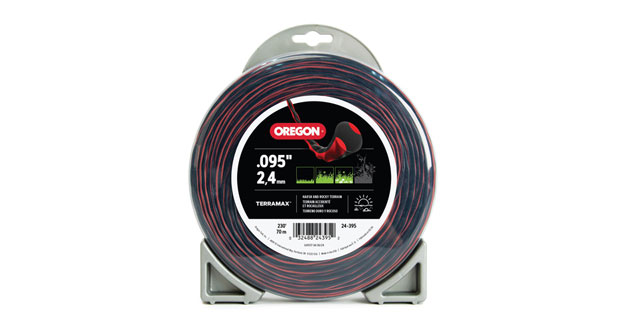Viewing vendor relationships as solely about price is a fundamental miscalculation. In fact, strong ties with suppliers and distributors are the mortar holding together any thriving lawn care or landscape enterprise. They are the linchpin for delivering exceptional service, achieving optimal cost management and building lasting client relationships.
Landscape pros who maintain a narrow view of supplier and distributor dynamics fail to recognize these partnerships as strategic assets, says Aaron Suttenfield, CEO of RDS Lawn Care Services in Belmont, N.C. He views his chemical rep as an extension of his company’s agronomy team.
“We developed a text group between our vendor and our managers to stay in constant communication,” Suttenfield says. “We had an issue about a week ago with significant damage in a lawn. Our rep was on site with my managers, taking samples, examining conditions and trying to troubleshoot a solution.”
While cliché, successful contractor-vendor relationships are win-win scenarios, says Cort Hall, Harrell’s territory manager, turf and landscape for South and North Carolina.
“I’m trying to help, and money follows help,” Hall says. “That’s the reality of these relationships. Selling fertilizer is not the name of the game. If I can help (contractors), then that’s worth more than turning grass green.”
Understand your mission
Landscape contractors must deeply understand their unique business model to build productive relationships with suppliers and distributors. This involves identifying core competencies, revenue streams, profit margins and unresolved challenges. Without these, vendors find it difficult to serve as value-added partners.
“So, make sure your supply partner is savvy about your market and how your business works, along with the hurdles you face on a regular basis,” says Mary Martinez, director of marketing at Horizon Distributors.
Communicate
Proactive communication is the bedrock of a successful contractor-vendor relationship. Beyond simple transactional purchasing, successful contractor-supplier relationships involve open communication about operational challenges.
Similarly, Larry Giroux, Ewing Outdoor Supply’s residential-commercial segment manager, says communication failures between contractors and their vendors can create obstacles to achieving optimal efficiency in landscape projects.
“The larger the project, the more pronounced these communication failures become, as the potential for misinterpretation and logistical errors increases exponentially,” Giroux says.
Seek assistance
Cost-conscious contractors often fail to fully utilize the wealth of strategic tools and resources key supply partners offer in addition to their product offerings.
“It’s sort of small ball when you’re trying to cut costs and, instead, miss out on the big picture of having a relationship with someone who can really help us,” Suttenfield says. “Those value-added services are worth much more than the $2 savings I might get on a bag of fertilizer.”


